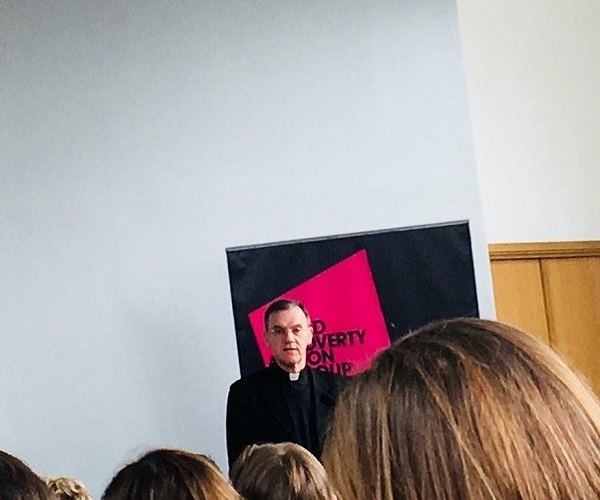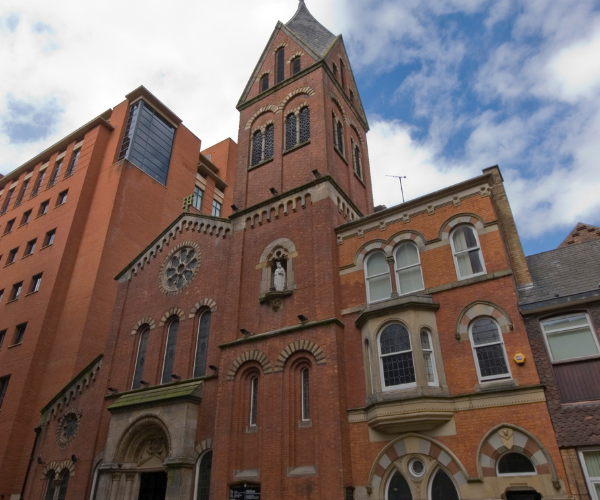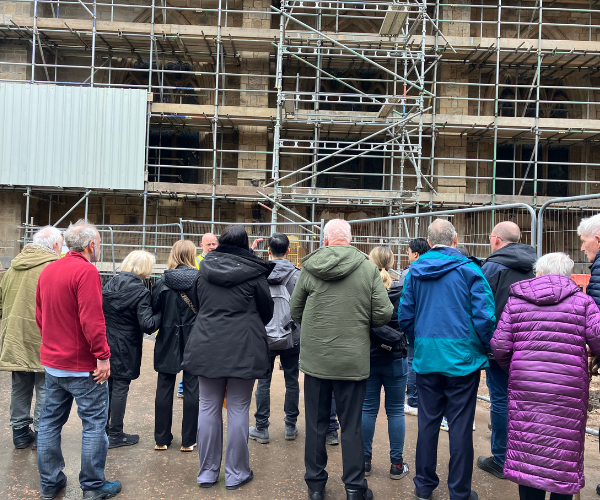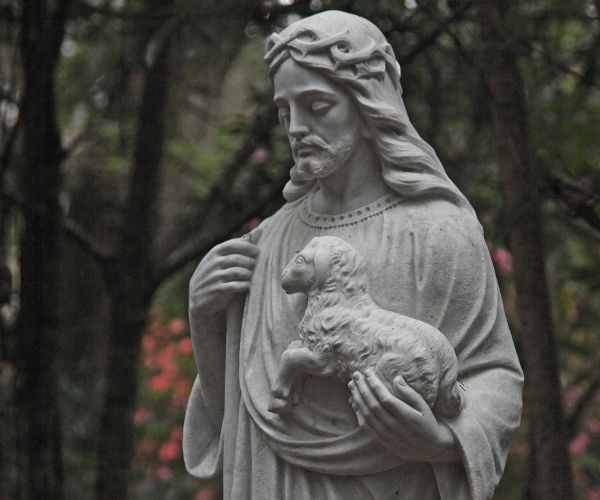
Child Poverty is a challenge for us all
Thursday 13th September 2018Speaking on the increase of Child Poverty at the Child Poverty Action Group conference in Manchester today, Bishop John reminded us ‘This is a problem and a challenge for all of us in our local communities. We all need to educate ourselves about the reality that surrounds us.’
He went on to speak of Pope Francis call for us all to care for our common home and to do this we must look after those around us.
You can read all of Bishop John’s address here:
Thank you for this opportunity to address this conference today. I am no politician, nor do I have the experience and expertise of the people that I am addressing today, with your knowledge of social action and care. But I hope that in these few words, I can assist in launching your discussions today. We are faced with a stark reality.
Though we live in one of the most economically developed and wealthy countries in our world, we are faced with the fact of increasing poverty and the most vulnerable victims of that poverty are children. In this city, where we see the excesses of wealth paraded flamboyantly in luxurious living standards, we also see an increasing number of people sleeping in our streets, families in temporary accommodation and children going hungry because of a basic lack of provision, to be noted especially during school holiday periods when free meals are not available. Where there are the ills of our society, in family and relationship breakdown, mental health issues, unemployment, the impact of drug culture – it is the children who suffer most, so often losing their sense of security so essential in those formative years, with such consequences in their future lives. And when we discard so much food as waste, young children go to bed hungry and certainly know nothing of those moments of celebration that are set around a family meal and treats.
To be frank, we have an economic system that is not working. It is true that many are benefitting in our market economy but all too many are being left behind – and the most vulnerable are the children. How good it is that so many schools offer breakfast clubs but should they need to do so? Shouldn’t we be attacking this problem from another angle that says that food should be provided within the family context as a basic part of the day and of family routine?
Pope Francis published a remarkable document in 2015, called Laudato Si – “Praised be”. In it he speaks about this planet being our common home in which we all have a duty (and a privilege) of care for one another. He speaks of us being brothers and sisters, each of us with an inalienable dignity. We are a global family. In the wider sense of this we can see that there are those for whom we must care in distant countries, when ravaged by humanitarian disasters and conflicts and enduring the effects of climate change. But how much more pressing is the need to care for those most vulnerable in our own streets and towns, our neighbours in a very direct and immediate sense. Writing here about the global problem, I believe Pope Francis speaks also to us in our local communities:
I quote: “In the present condition of global society, where injustices abound and growing numbers of people are deprived of basic human rights and considered expendable, the principle of the common good immediately becomes, logically and inevitably, a summons to solidarity and a preferential option for the poorest of our brothers and sisters”
At this point, it is not enough to shout at the government and simply expect them to do something about it. This is a problem and a challenge for all of us in our local communities. I would suggest we all need to educate ourselves and help others to realise and understand the reality that surrounds us. In so many small ways we can combine to ease the burden of poverty. But in our education we also begin to change the consensus – we begin to expect a greater generosity of ourselves and those who govern us. We can lead the way.
Arriving in the Diocese of Salford, I was very pleased to find much good work being done by Caritas Diocese of Salford in diverse ways: day centres, night shelters, welcoming refugees, services for those with special needs. A number of parishes have foodbanks and groups such as the Society of St Vincent de Paul who visit the isolated and marginalised. I am pleased to find also that we work alongside other organisations such as Food Poverty Alliance. This is all good work, but not nearly enough. This presents a great challenge to our Faith communities. Poverty is a terrible scar on our society and its most vulnerable victims are children. I hope that your discussions today will help in that education which will persuade us all that action is essential and we are all part of providing the solution. I look forward to the Diocese of Salford being a part of this initiative. Thank you.



